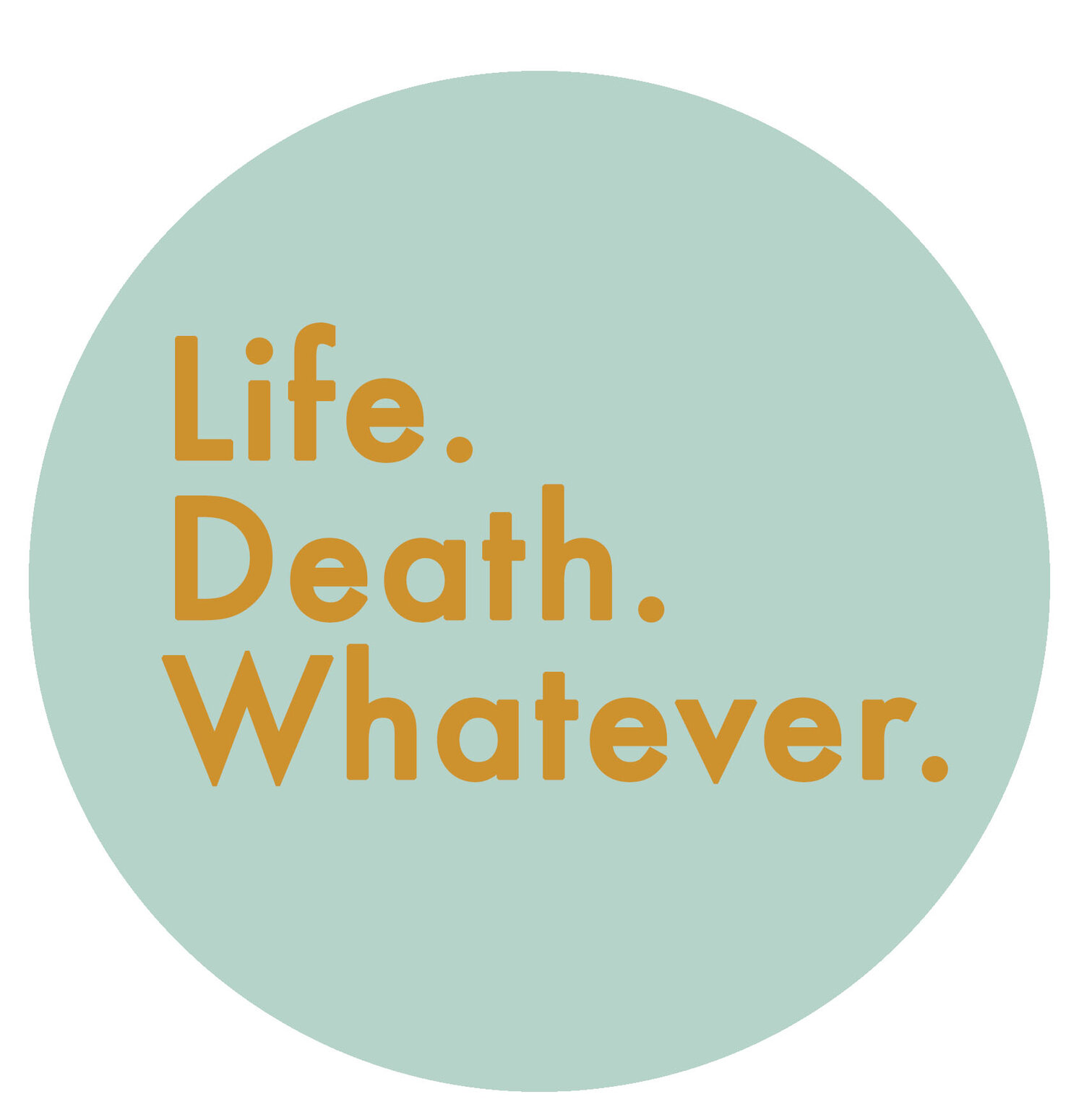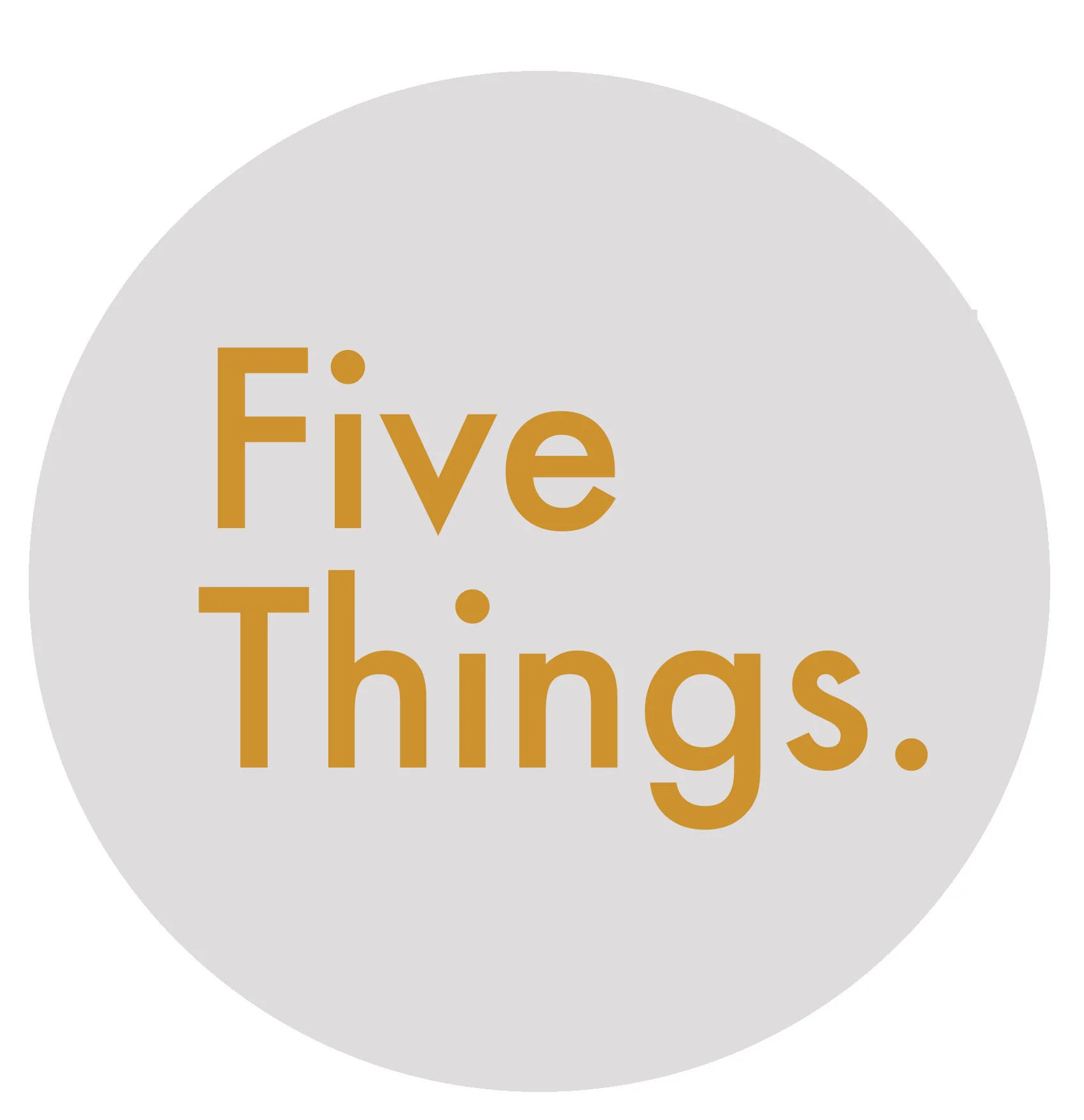By Rach, whose wife died from breast cancer in November 2019
My wife Kris died at the end of November last year. She was my best friend, co-parent, my rock, my everything. We had been together for 13 years, had two kids, two dogs, a lovely home, and a life that was tough at times but great. I am so grateful for every minute, hour, week, month, and year we had together both good and bad.
Kris had breast cancer and underwent all the treatment offered despite the hideous toil it took on her body. She then decided that she was not going to let cancer define her or anything that happened in her future, so she pressed on as if it had never happened. Two years later she developed a pain in her side and dismissed it as nothing for as long as she could, until we were confronted with the reality that the cancer had come back and aggressively.
She was given a terminal diagnosis but defiantly carried on for the next 18 months, undertaking every treatment and indignity that confronted her with courage and amazing good humour. We were so lucky to have had this time as instead of juggling work, I could be at home with her and our kids and we as a family could spend precious time being together.
As her full-time carer, it was so hard to see her change physically and mentally. She no longer looked like herself and the onslaught of cancer on her body meant she was there but incrementally not who she had been.
The reality of “anticipatory” grief was a daily slog of sleepless nights and days anxiously waiting for her last breath in surreal discussions with medical staff about when and if to stop meds and at what point would the fragile balance tip and with it the reality of death and an entirely different life.
In the end we were lucky that she died in the quiet calm of an amazing hospice before lockdown but there were no final words or loving gazes, just gasping breaths and then the horrifying realisation that she had gone.
1. Everything changes and weirdly nothing
W H Auden poem’s Stop All the Clocks sums this up so beautifully - whilst we are standing in this post-apocalyptic haze of grief, the world carries on regardless and this seems so incongruent with our lived experience.
2. There are stages for me but not the Krubler-Ross kind
I sit here and reflect on how things have changed. At first I felt superhuman, I was pumped full of adrenaline and apparently didn’t need to sleep, eat or stop for breath. I organised her funeral, sorted things for the kids, hosted Christmas for my relatives and was apparently able to do everything and still function until I wasn’t. Then the wall hit, and I felt totally overwhelmed. As reality hit and people stepped back, I have experienced anger and depression, but it’s the unknown of this new world of grief that has hit me most. Not only the visceral impact of grief on me personally but the alienating misattunement of people I assumed would get it.
3. Connection and disconnection in grief
I am blessed with a circle of the kindest, most loving and generous friends and family members who have stuck close and got me through but it’s the others, the ones that have disappeared, disappointed, or appeared sporadically with platitudes that wound as I politely thank them when I really want to scream. Why do we find grief so hard and why do we get it so wrong? I realise I was guilty of that before; it feels strange but what I needed was people to sit with my pain and listen, to share the loss and miss her alongside me, to talk about her and use her name, and do those practical things that are so overwhelming. The friends who left food on the front step who called and stepped up when all the condolence cards stopped and we were in this weird limbo where people struggled to make eye contact and I grappled with the overwhelming numbness and reality of reconstructing a life for myself and the kids without the person we wanted and needed most to get us through it all.
4. Connecting with Kris as she was before she was ill has been so incredibly hard but helpful as now whenever I think of her, I smile as I see the woman I met and fell in love with, the woman, who lit up a room with her warmth and silliness. Of course, I cry but it’s tears of loss and remembering not raw heart-wrenching uncontrollable grief as it was at the start when I felt that if I started, my tears would never end. I am so grateful to have had Kris in my life. If I had a choice of this pain or no Kris, I would have this pain again and again and again as I loved her this much. The pain reflects the love, and I don’t think you can have one without the other.
5. It is ok not to be ok
Megan Devine knows her stuff. It’s been so important to give myself permission to be with this and not try to move away or get over it. It takes as long as it takes and is what it is and incrementally it does get better and I now know, me and my amazing kids are ok and will be ok but giving myself permission was so important to my getting here.
What has helped the most
What helped me most was finding peer support in the Good Grief Trust Virtual Cafes - a place to go and talk, to share and to be understood by other people who got it. There was no judgment or explanation needed just a space to go and be with my grief, without having to put on a brave face.
As a gay woman, I was struck by the lack of LGBTQ specific support for those grieving loved ones, so with my amazing friend, Pat, who also had lost his beloved partner, we set up the LGBTQ group as part of the Good Grief Trust Virtual Cafes. We continue to run these cafes every Wednesday night so please come along and see if it helps.



